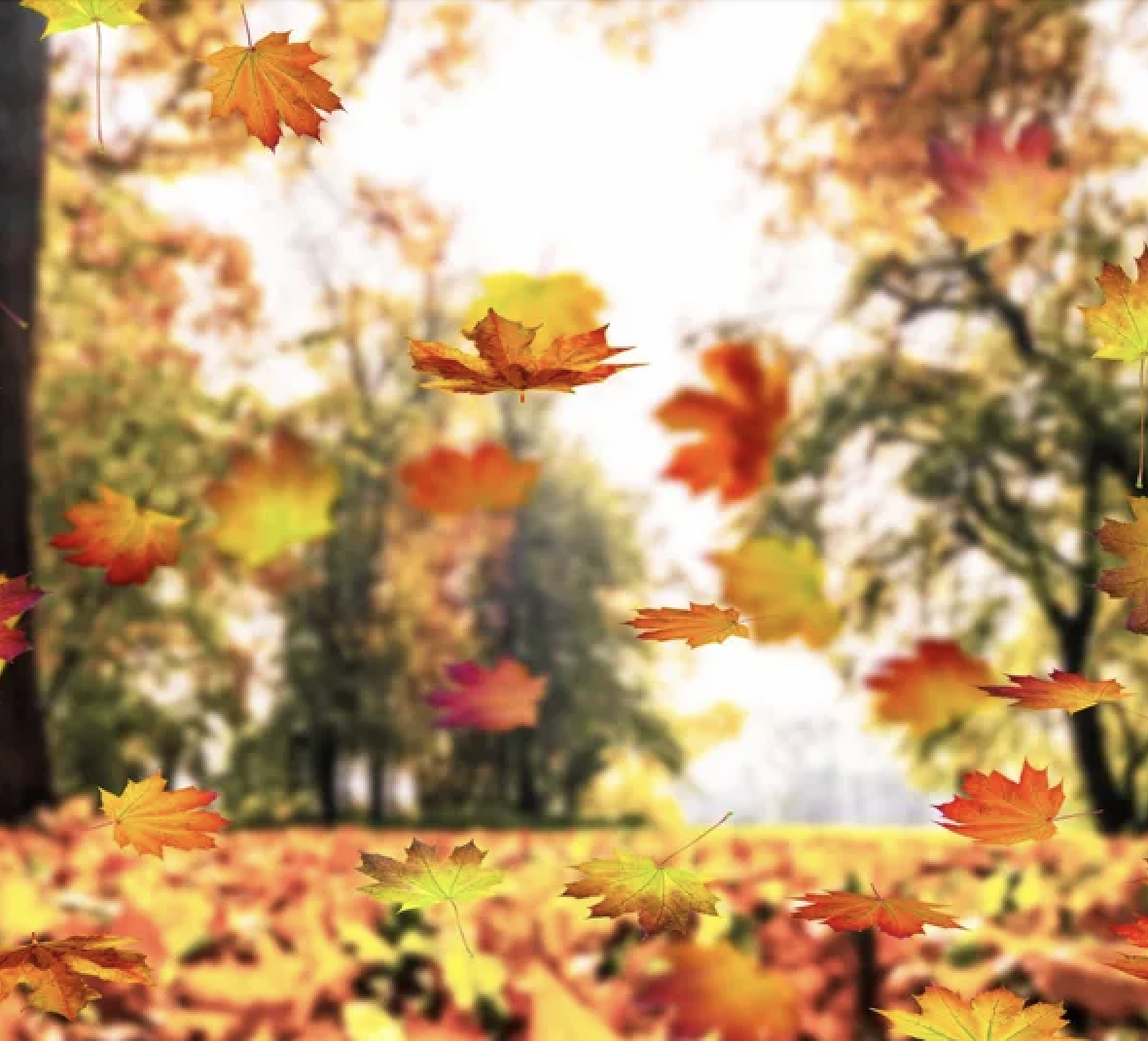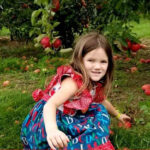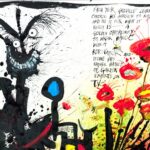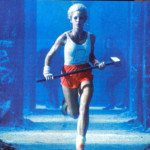WhO aRe YoU?
Identity defies naming.
Sure, you can call me forty-five, working mom, third wife, eldest sister, motherless daughter or even my biologically given name, Kelly. But do you know me?
Is that who I am?
Kelly may clue you in to freckles but not to the fact my personality is more of a Lulu Isabella, my philosophical meanderings closer to an Anastasia Natasha and my propensity for craziness clearly reflective of a Zoe.
So who am I? Who are you?
Socialization necessitates that we all be squeezed into groups, categories and affiliations. She is a recovering alcoholic. He is a cancer-survivor. They have children in private school. She is a good Catholic. He is Chinese. She is transgender.
For some, these labels offer comfort, for others they represent the privilege of perceived status. For some, they are simply strategies for belonging. But for many, they leave us feeling belittled, unexceptional and misunderstand.
It’s a form of identity theft.
Everyone is much more complex than their religion, ethnicity, job title, income, marital status and health. There is a feeling of wanting to burst forth into the conversation and say, Yes, I am a mom BUT, I am also all these other things you cannot possibly imagine right now.
The good stuff comes after the but…
Yes, I am in advertising, but I am also a poet, lyricist, singer, runner. Yes, I am a salon-blond, but I am also a dog-loving, acorn and gourd obsessed, dark chocoholic, realtor.com addicted home-owning soul nomad with a platform shoe fetish .
That gets closer.
It still attaches to groups, but more idiosyncratic and self-chosen ones. There is no way to know ourselves fully, and language certainly cannot express the stirrings of a soul or the emotional climate changes within us.
Poetry gets us closer, which is why I love it so much.
Last week, I did a poetry workshop in my sons’ school and it blew my mind. I thought long and hard about what to do, what to read, what exercise to have them do– how to frame poetry in a way that would open them up, not shut them down.
So, I asked where they each came from. Connecticut, Pennsylvania, Germany, London, Stamford hospital, my parents. I asked if they found that interesting.
I got mostly shoulder shrugs, a few polite nods.
Facts tie us down. But imagination- poetry can set us free.
Where do we come from in the land for metaphor? I read extended metaphor poems other children had written (found on-line) with personal details that brought that particular child’s life to LIFE.
There were details about their front yard, the foods in their house, sayings their parents used, the toys they loved, traditions their families practiced, irritating habits of their big sister or little brother…
They laughed, smiled and then with a template I gave them, merely for suggestions, they began writing their own extended metaphor ‘I come from…’ poems.
Where do they come from?
Melting snowmen with missing eyes, the smell of blueberry muffins, the sadness of losing family, French toast and bacon Saturday mornings, Wind in the Willows before bed, rock bands and pizza, STAY OUT of my room big sisters, roasted almonds, Ironman and Captain America movie nights, lax games, loneliness and love.
Yes, kids were brave enough to talk about loneliness, loss and love in adition to all the other wonderful details. It was the coolest. My goal was to make them fall in love with poetry. But they did even better.
They got to know each other.
They became complex, multi-dimensional people. They became more than the labels of smartest, most athletic and popular. They became individuals in each others’ eyes.





